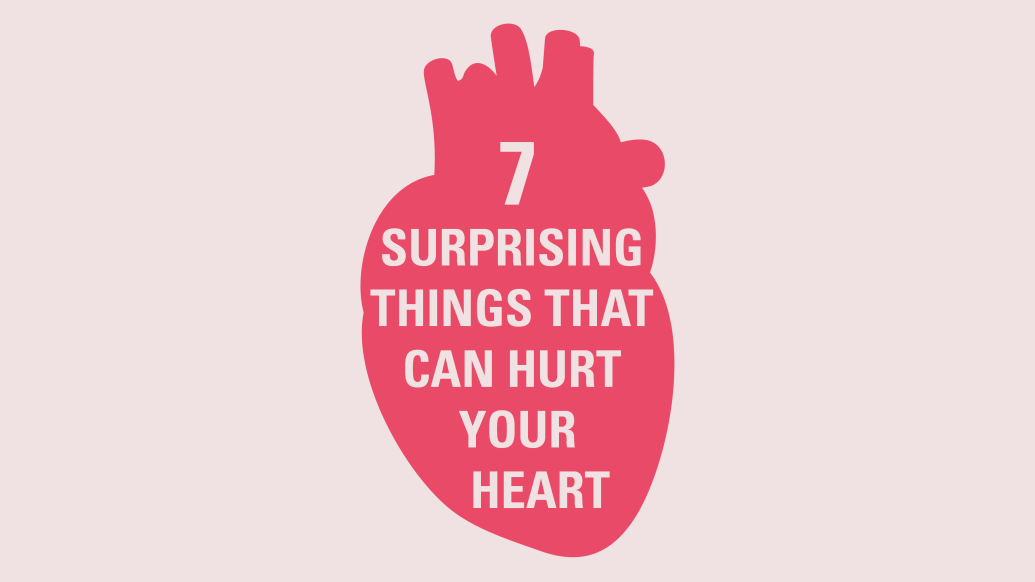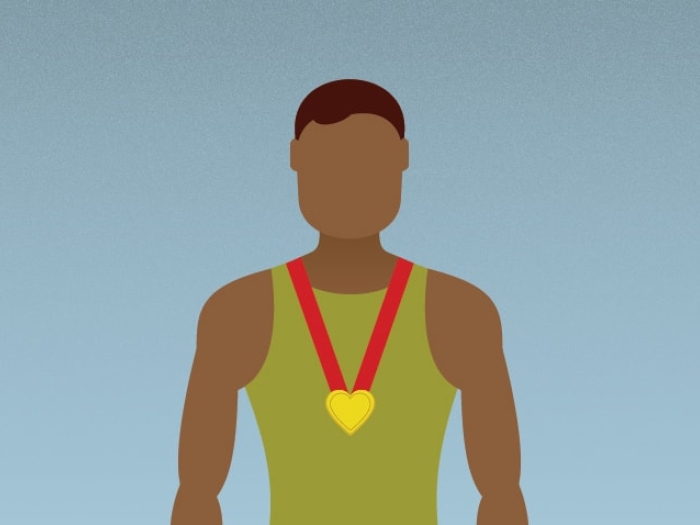Heart disease can be related to many sources. Here are several you might not expect.
7:00 AM
Author |

Most people know that smoking isn't a heart-healthy habit.
MORE FROM MICHIGAN: Sign up for our weekly newsletter
Nor is a diet rich in fatty foods — or consecutive days spent planted on the sofa to binge-watch a new favorite show. Whether because of lifestyle or genetics, culprits such as diabetes or a high cholesterol level also play a role in one's cardiovascular health.
In addition, many other things can be toxic to your ticker. Some of them might surprise you.
Consider these factors to help evaluate your own risk, and always talk to your doctor about your concerns.

Sources: Hypertension, University of Michigan; American Heart Association, Melvyn Rubenfire, M.D., University of Michigan; Henry Ford Hospital, National Institute of Dental and Craniofacial Research, American Dental Association, American Heart Association; BMJ, University of York

Explore a variety of health care news & stories by visiting the Health Lab home page for more articles.

Department of Communication at Michigan Medicine
Want top health & research news weekly? Sign up for Health Lab’s newsletters today!





